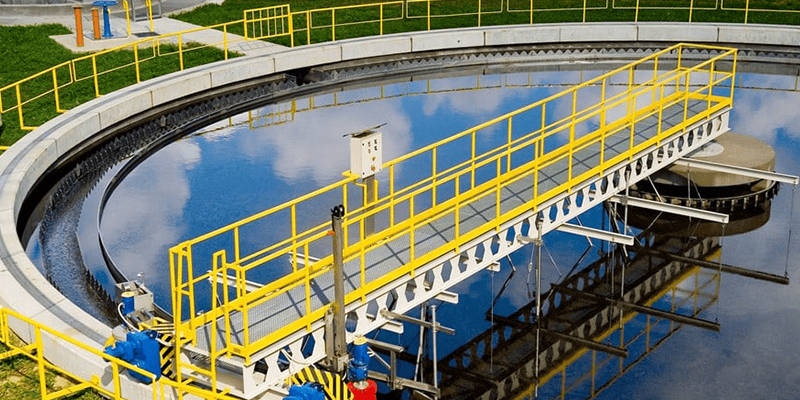Introduction
In today’s world, water treatment has become a critical concern. The advancement of technology has significantly impacted the methods and efficiency of water treatment processes. This article delves into technology’s often-overlooked role in ensuring clean and safe water.
The Importance of Water Treatment
Water is essential for life. Therefore, water treatment is crucial to remove contaminants and make it safe for consumption. Traditional methods have been used for decades, but technology has revolutionized the process, making it more efficient and effective.
Innovative Technologies in Water Treatment
Membrane Filtration
Membrane filtration is a breakthrough in water treatment technology. It employs a semi-permeable membrane to separate contaminants from water. This method is highly effective in removing particles, bacteria, and even viruses, guaranteeing high-quality water production.
Advanced Oxidation Processes
Advanced oxidation processes (AOPs) are another technological innovation. They use powerful oxidizing agents to break down pollutants at a molecular level. This technology is especially beneficial for treating industrial effluent, which frequently contains intricate organic compounds.
Ultraviolet (UV) Disinfection
UV disinfection is a chemical-free method that uses ultraviolet light to kill microorganisms in water. This technology is effective against bacteria, viruses, and protozoa. Municipal water treatment plants and private wells employ UV disinfection extensively.
Smart Water Management Systems
IoT and Sensors
The Internet of Things (IoT) and sensors play a significant role in modern water treatment. These technologies provide real-time monitoring and control of water treatment processes. Sensors can detect changes in water quality and trigger automatic adjustments to the treatment process, ensuring consistent water quality.
Data Analytics
Data analytics is crucial for optimizing water treatment operations. Water treatment facilities can improve their efficiency and reduce operational costs by analysing data from various sensors and devices. Predictive analytics can also forecast potential issues, allowing for proactive maintenance and reducing downtime.
Sustainable Water Treatment Solutions
Energy-Efficient Technologies
Sustainability is a key concern in water treatment. Energy-efficient technologies like solar-powered water treatment systems are becoming increasingly popular. These systems reduce the carbon footprint of water treatment processes and contribute to environmental conservation.
Water Reuse and Recycling
Water reuse and recycling technologies are essential for sustainable water management. These technologies treat the effluent to a degree that enables its safe reuse for various applications, including irrigation, industrial processes, and even potable water production. This reduces the demand for pure water and encourages the use of water in a sustainable manner.
Conclusion
The hidden role of technology in water treatment is profound and transformative. Technology is at the forefront of guaranteeing access to clean and secure water, from innovative filtration methods to smart management systems. As technology continues to develop, the efficiency and effectiveness of water purification processes will continue to improve, thereby contributing to a more sustainable and healthier future.





